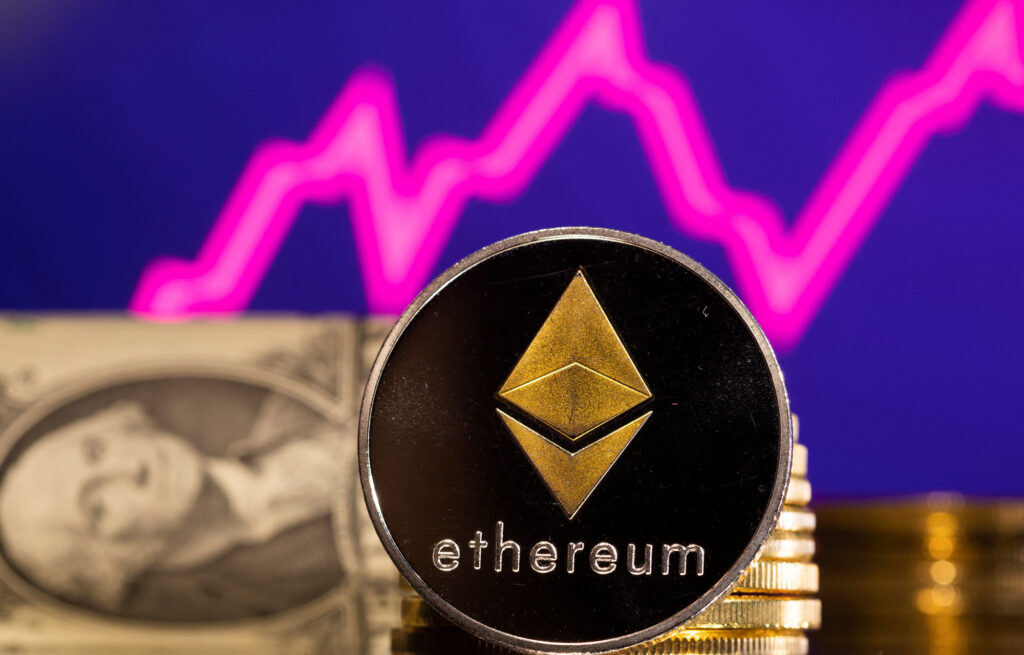Azuki DAO, a decentralized autonomous organization linked to a nonfungible token (NFT) collection, has made significant updates, including a rebranding to “Bean.”
This transformation comes in tandem with the abandonment of a proposed lawsuit against Zagabond, the founder of the NFT collection, in relation to a contentious $39 million minting event.
The development was confirmed following a clarification statement from an Azuki DAO spokesperson.
In its new avatar as Bean, Azuki DAO has charted a course to become a memecoin project and integrate into the Ethereum layer-2 Blast ecosystem.
The transition has also been facilitated by a substantial infusion of funds, as Bean has secured $10 million from notable investors to support its growth and acceleration within the Blast ecosystem.
The forthcoming Bean memecoin will have a total supply capped at 1 billion tokens. Azuki DAO developers clarified that the previously displayed token distribution plan on their website is outdated.
READ MORE: Ethereum’s Resilience: Price Holds Above $2,000 Amidst Binance’s Regulatory Challenges
The updated allocation includes 50% of Bean tokens earmarked for the Azuki DAO community as part of an airdrop of Azuki series NFTs that concluded four months ago.
The remaining tokens are held in the project’s address. Furthermore, 40% of Bean tokens have been allocated to the Bean Treasury, while 10% are designated for Zagabond and remain in the project’s address.
The Azuki NFT collection comprises 10,000 anime-themed profile pictures (PFPs).
A second series of 10,000 PFPs called “Elementals” was introduced by Zagabond in June, which led to concerns over the resemblance between Elementals and Azuki PFPs, resulting in an oversupply and a 44% drop in Azuki NFT prices.
This event triggered a lawsuit proposal from the Azuki DAO community against Zagabond.
The developers of Bean have promised to share more detailed information about their financing and future development roadmap in the near future.
These changes mark a significant shift for Azuki DAO, now known as Bean, as it embraces the memecoin space and looks to thrive within the Blast ecosystem while settling its legal disputes.










